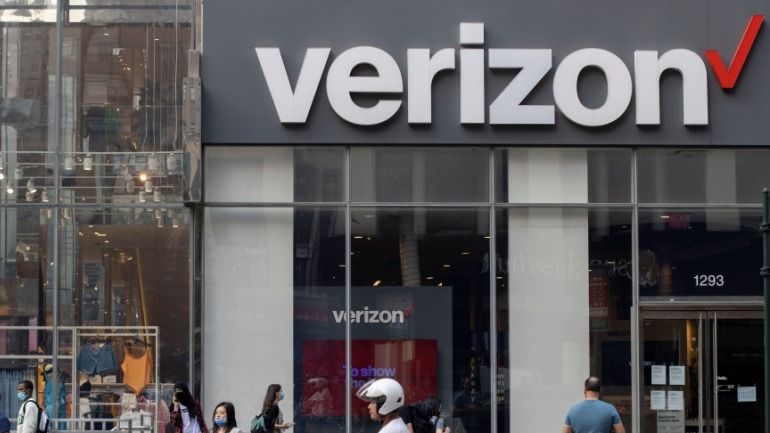Generative AI is set to revolutionize telecommunications by moving operations from reactive to predictive systems, significantly impacting VoIP services. With Gen AI, telecom operators can experience faster troubleshooting and enhanced fraud detection, streamlining VoIP network efficiency. Properly implemented, Gen AI promises rapid results with lower costs, reshaping the VoIP landscape.
Orange OpenTech highlights the vital role of AI in transforming the telecom industry. Leaders at the event discuss the integration of AI with 5G and cloud computing, emphasizing improved operations and customer experiences. Despite challenges like data privacy, AI remains essential for growth and innovation in telecommunication.
In late 2025, Verizon announced its largest layoff in history, marking a transformative moment for both the company and the telecommunications industry. This move, driven by declining subscriber growth and fluctuating ARPU, highlights a shift towards efficiency. As traditional carrier-funded in-building systems diminish, enterprises must explore cost-effective, carrier-agnostic solutions.
The Radio Access Network market continues to thrive in 2025, with key players like Huawei, Ericsson, Nokia, ZTE, and Samsung steering the industry forward. The RAN sector is evolving through artificial intelligence and cloud-native technologies, especially in Asia-Pacific. Stay updated with the latest trends and insights in VoIP solutions.
In an era where 4G LTE’s limitations are pronounced, federal agencies are increasingly recognizing the need for a 5G transition. 5G not only promises enhanced mobile connectivity but also supports cloud adoption and edge computing, crucial for modernizing IT infrastructure. Its speed, scalability, and security revolutionize operations, making it indispensable for modernization.
The telecommunications industry is witnessing a transformative milestone with AT&T’s first Open RAN call, leveraging third-party radios in collaboration with Ericsson and 1Finity. This breakthrough underscores the potential of Open RAN in creating flexible, vendor-diverse networks.
Eaton and Siemens Energy have partnered to deliver modular, grid-independent power solutions for data centers. Their collaboration supports faster deployment, reduced emissions, and flexible energy options. With gas turbines, battery storage, and advanced electrical systems, this initiative reshapes how data centers operate.
Viettel has acquired the vital 700 MHz spectrum for $75.2 million, boosting its goal of 99 percent population coverage by 2030. This move enhances 4G and 5G reach, especially in rural areas, and supports emerging IoT applications.
Ericsson’s €200 million investment in Ireland marks a major step in advancing telecommunications. Centered on 5G Standalone rollout and enhanced automation using the Ericsson Intelligent Automation Platform, this initiative aims to optimize 4G and 5G network management.
Samsung and KT are pioneering 6G innovations by advancing multi-antenna technologies to enhance signal quality and coverage. Incorporating AI into telecom systems, they aim to improve network stability and performance. The collaboration focuses on X-MIMO systems to deliver faster, reliable connectivity.













